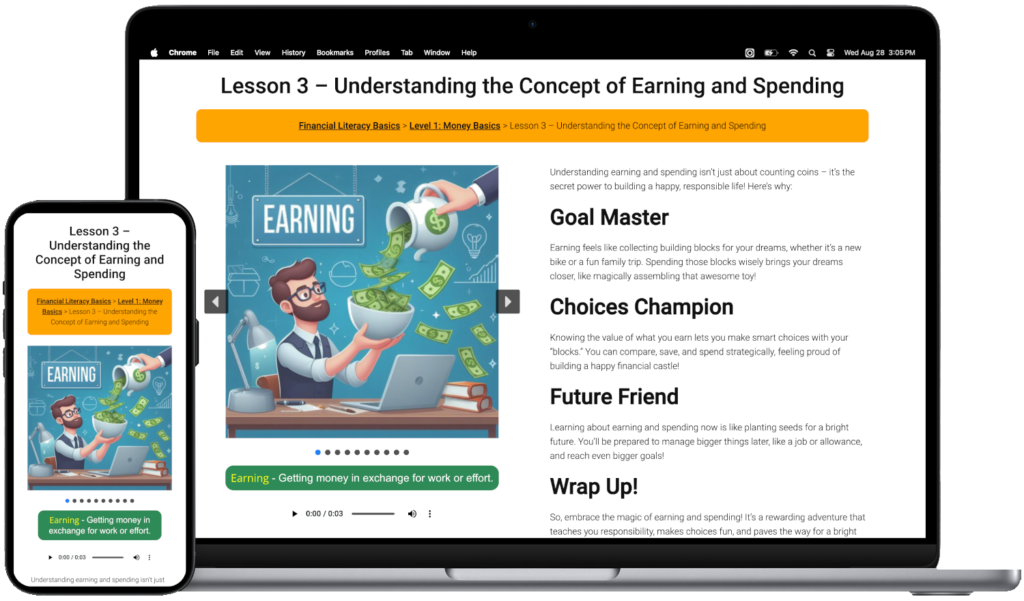
Buying a car is a major financial decision that can significantly impact your monthly budget. Understanding the current state of auto loans is crucial for making informed choices and securing the best deal. In this blog post, we’ll explore the key trends, factors to consider, and tips for navigating the auto loan landscape in 2024.
Interest Rates and Loan Terms
Interest rates are a significant factor in determining the cost of an auto loan. In 2024, interest rates have fluctuated due to economic conditions. It’s essential to stay informed about current interest rate trends and compare offers from different lenders.
Loan terms also play a crucial role in the overall cost of an auto loan. Longer terms can result in lower monthly payments but may lead to higher interest charges over the life of the loan. Conversely, shorter terms can result in higher monthly payments but lower overall interest costs.
Used Cars vs. New Cars
The decision to buy a new or used car can significantly impact your budget. New cars often come with warranties and the latest features, but they can be more expensive upfront. Used cars may have higher mileage and be older, but they can be more affordable and offer better value.
Consider your budget, driving needs, and preferences when deciding between a new or used car. Research the specific make and model you’re interested in to compare prices, features, and reliability. Additionally, consider factors such as depreciation rates and the likelihood of needing major repairs in the future.

Credit Score and Loan Approval
Your credit score is a crucial factor in determining your eligibility for an auto loan and the interest rate you’ll receive. A higher credit score generally leads to lower interest rates and more favorable loan terms.
Before applying for an auto loan, take steps to improve your credit score if necessary. This can include paying bills on time, reducing debt, and avoiding new credit accounts. Additionally, consider monitoring your credit report regularly for errors and disputing any inaccuracies that may be affecting your score.
Financing Options
There are several financing options available for car purchases, including:
- Dealer financing: Many car dealerships offer financing options through their own lending partners. These can be convenient but may not always offer the most competitive rates.
- Credit unions: Credit unions often offer competitive interest rates and personalized service. They are member-owned cooperatives that may have different eligibility requirements than traditional banks.
- Online lenders: Online lenders can provide a convenient way to compare rates and apply for an auto loan. However, be sure to research the lender’s reputation and terms before applying.
- Cash purchases: If you have the funds available, purchasing a car with cash can eliminate the need for a loan and save you on interest charges. This can be a great option for those who want to avoid debt and have the financial means to do so.
Shopping Tips
When shopping for a car, keep the following tips in mind:
- Research your options: Research different makes, models, and dealerships to find the best deal. Consider factors such as safety ratings, fuel efficiency, and reliability when comparing vehicles.
- Negotiate the price: Don’t be afraid to negotiate the price of the car and the terms of the loan. Research the fair market value of the car and use that information to negotiate a good price.
- Consider hidden costs: Be aware of additional costs, such as taxes, fees, and extended warranties. These costs can add up quickly, so it’s important to factor them into your budget.
- Get pre-approved for a loan: Getting pre-approved for a loan can give you more negotiating power and help you avoid overpaying. By knowing your pre-approved amount, you can negotiate more effectively with the dealership.
Additional Considerations
- Electric vehicles: The popularity of electric vehicles (EVs) has been on the rise in recent years. If you’re considering an EV, be aware of the specific financing options and incentives available in your area.
- Lease vs. buy: Leasing a car can be a more affordable option in the short term, but it may not provide the same equity as buying. Consider your driving habits, lifestyle, and financial goals when deciding whether to lease or buy.
- Extended warranties: While extended warranties can provide peace of mind, they can also add to the overall cost of a car. Carefully evaluate the benefits and costs before purchasing an extended warranty.
Additional Tips
- Consider your driving needs: Think about how often you drive, the distance you typically travel, and the type of driving you do. This will help you choose a car that is suitable for your lifestyle.
- Factor in maintenance costs: Research the maintenance costs associated with different makes and models. Some cars may be more expensive to maintain than others.
- Consider insurance costs: Insurance premiums can vary depending on the type of car you choose, your driving record, and other factors. Compare insurance quotes from different companies to find the best deal.
- Be patient: Don’t rush into buying a car. Take your time to research your options and find the best deal. It may take some time to find the perfect car for you.

Conclusion
Buying a car is a significant financial decision that requires careful planning and research. By understanding the current state of auto loans, considering your options, and following these tips, you can make an informed decision and secure a loan that fits your budget and needs. Remember to shop around, negotiate, and consider all factors before making a purchase.
Bonus Tips
- Consider your driving needs: Think about how often you drive, the distance you typically travel, and the type of driving you do. This will help you choose a car that is suitable for your lifestyle.
- Factor in maintenance costs: Research the maintenance costs associated with different makes and models. Some cars may be more expensive to maintain than others.
- Consider insurance costs: Insurance premiums can vary depending on the type of car you choose, your driving record, and other factors. Compare insurance quotes from different companies to find the best deal.
- Be patient: Don’t rush into buying a car. Take your time to research your options and find the best deal. It may take some time to find the perfect car for you.
- Consider the resale value: If you plan to sell the car in the future, consider its resale value. Some cars hold their value better than others.
- Test drive multiple vehicles: Test drive several cars to get a feel for different makes and models. This will help you determine which car is the best fit for you.
- Consider the environment: If you’re concerned about the environment, consider purchasing a hybrid or electric vehicle. These vehicles have lower emissions and can be eligible for government incentives.
- Don’t be afraid to negotiate: Negotiating the price of a car is a normal part of the buying process. Don’t be afraid to haggle and try to get the best deal possible.
- Be prepared to walk away: If you’re not satisfied with the price or terms of the loan, don’t be afraid to walk away. There are other dealerships and lenders out there.
Additional Tips
- Consider the future: Think about how your lifestyle and needs may change in the future. For example, if you plan to start a family, you may need a larger car.
- Research car safety ratings: Safety is an important factor to consider when buying a car. Look for vehicles with high safety ratings from organizations like the National Highway Traffic Safety Administration (NHTSA) and the Insurance Institute for Highway Safety (IIHS).
- Consider the cost of ownership: In addition to the purchase price, be sure to factor in the cost of ownership, which includes insurance, fuel, maintenance, and repairs.
- Don’t be afraid to ask questions: If you’re unsure about anything, don’t hesitate to ask the salesperson or dealership representative. They should be able to provide you with the information you need.
- Consider the dealership’s reputation: Read reviews of the dealership before making a purchase. This can give you an idea of the dealership’s customer service and reputation.
- Get a pre-purchase inspection: Before buying a used car, have it inspected by a mechanic. This can help you identify any potential problems with the vehicle.
- Consider financing options: If you’re not sure which financing option is right for you, talk to a financial advisor or credit counselor. They can help you evaluate your options and choose the best one for your situation.
- Don’t let the salesperson pressure you: Remember, you’re in control of the buying process. Don’t let the salesperson pressure you into making a decision you’re not comfortable with.
- Enjoy the process: Buying a car can be a fun and exciting experience. Take your time, do your research, and enjoy the process of finding the perfect vehicle for you.
By following these tips and considering all the factors involved, you can make an informed decision and find a car that meets your needs and fits your budget.
Want to take your learning to the next level?
Check out the MyFiLi Online Financial Literacy Course.

With games, quizzes and lessons you will improve confidence with money.
Great for grades 3 and up!
Take advantage of our FREE Trial for Students or Schools / Non Profits.